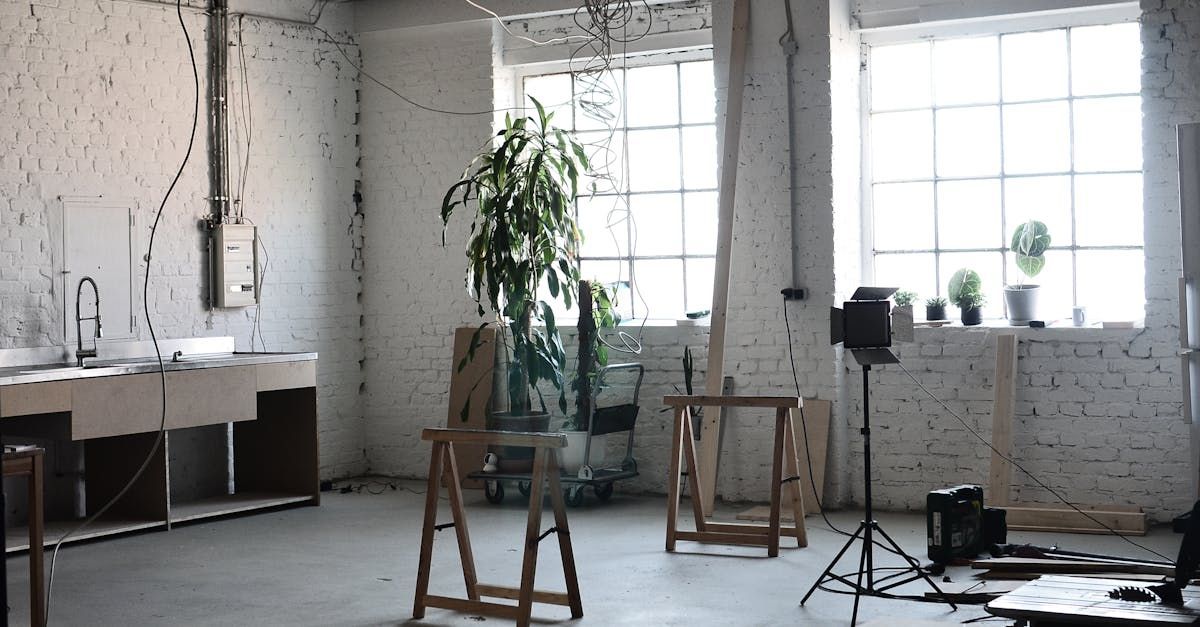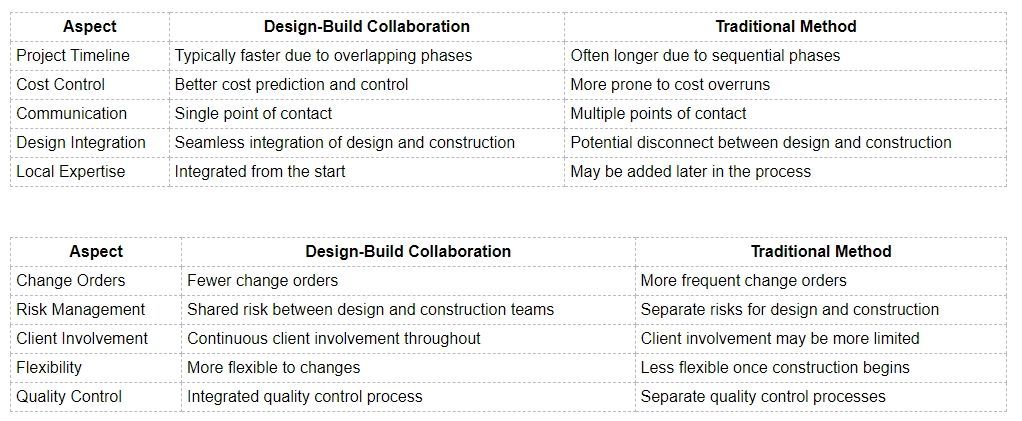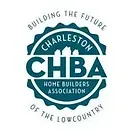Design-Build Collaboration: Streamlining Custom Home Projects in Charleston
Key Takeaways:
- Design-build collaboration integrates design and construction teams for efficient project management
- This approach reduces costs and timelines for custom home projects in Charleston
- Improved communication leads to fewer errors and change orders during construction
- Local Charleston builders can provide valuable input on Lowcountry-specific design elements
- Design-build method offers a single point of contact for homeowners throughout the project
Understanding Design-Build Collaboration in Charleston's Custom Home Market
Design-build collaboration is reshaping the custom home construction landscape in Charleston, South Carolina. This innovative approach brings together designers, architects, and builders from the start of a project, creating a seamless workflow that benefits homeowners in multiple ways. Let's take a closer look at how this method is changing the game for Charleston's luxury home market.
The Basics of Design-Build Collaboration
Design-build collaboration is a project delivery system that combines design and construction services under a single contract. In Charleston's competitive real estate market, this approach is gaining traction for its efficiency and cost-effectiveness. Instead of working with separate entities for design and construction, homeowners partner with a unified team that handles both aspects of the project.
How It Differs from Traditional Methods
Traditionally, custom home projects in Charleston followed a design-bid-build model. This meant homeowners would first work with an architect to design their dream home, then put the project out to bid for contractors. The design-build method streamlines this process by having all parties involved from day one.
Benefits for Charleston Homeowners
Charleston homeowners opting for design-build collaboration often experience smoother projects with fewer surprises. The integrated team approach means that potential issues are identified and resolved early, reducing costly changes during construction. This is particularly valuable in Charleston's historic districts, where building regulations can be complex.
Integrating Local Expertise in Charleston Home Design
One of the key advantages of design-build collaboration in Charleston is the ability to incorporate local expertise from the outset. Charleston's unique architectural heritage and coastal environment require specialized knowledge that local design-build teams can provide.
Incorporating Lowcountry Style
Charleston's distinctive Lowcountry style is characterized by features like wide porches, raised foundations, and shuttered windows. Design-build teams familiar with local aesthetics can seamlessly blend these elements into modern custom homes, ensuring they fit with the city's architectural character.
Addressing Climate Considerations
Charleston's subtropical climate and coastal location present specific challenges for home design. Design-build teams with local experience understand the importance of features like hurricane-resistant construction and proper ventilation. They can incorporate these elements into the design from the start, rather than as afterthoughts.
The Role of Technology in Design-Build Collaboration
Technology plays a crucial role in modern design-build collaboration, especially in a tech-forward city like Charleston. Advanced software and communication tools help teams work together more effectively, even when not physically in the same location.
3D Modeling and Virtual Reality
Many Charleston design-build firms now use 3D modeling and virtual reality tools to help clients visualize their future homes. This technology allows homeowners to make informed decisions about layout and finishes before construction begins, reducing the likelihood of costly changes later.
Project Management Software
Specialized project management software keeps all team members on the same page throughout the design and construction process. This is particularly useful for coordinating the various trades involved in building a custom home in Charleston's busy construction market.
Cost Implications of Design-Build Collaboration in Charleston
One of the most appealing aspects of design-build collaboration for Charleston homeowners is its potential for cost savings. By integrating design and construction teams, this method can reduce overall project costs in several ways.
Reduced Change Orders
Change orders are a common source of cost overruns in traditional construction projects. In design-build collaboration, potential issues are often identified and resolved during the design phase, reducing the need for expensive changes during construction.
Efficient Material Selection
Design-build teams can make more informed decisions about materials and finishes, balancing aesthetics with cost-effectiveness. This is particularly valuable in Charleston, where certain materials may be better suited to the local climate and building styles.
Timeline Advantages of Design-Build Collaboration
In Charleston's competitive real estate market, timely project completion can be crucial. Design-build collaboration often results in faster project timelines compared to traditional methods.
Overlapping Design and Construction Phases
With design-build collaboration, certain construction activities can begin before the design is fully complete. This overlapping of phases can significantly reduce the overall project timeline.
Streamlined Permitting Process
Charleston's building permit process can be complex, especially in historic districts. Design-build teams familiar with local regulations can navigate this process more efficiently, reducing delays.
Communication Benefits in Design-Build Projects
Effective communication is key to any successful construction project. Design-build collaboration fosters better communication among all project stakeholders.
Single Point of Contact
In a design-build project, homeowners typically have a single point of contact for all aspects of the project. This simplifies communication and reduces the potential for misunderstandings.
Integrated Team Meetings
Regular meetings involving all team members ensure that everyone is on the same page throughout the project. This integrated approach helps prevent miscommunications that can lead to errors or delays.

Challenges of Design-Build Collaboration in Charleston
While design-build collaboration offers many benefits, it's not without its challenges, particularly in a unique market like Charleston.
Finding the Right Team
The success of a design-build project heavily depends on the quality of the team. In Charleston's competitive construction market, finding a team with the right mix of skills and local knowledge can be challenging.
Balancing Design Creativity with Construction Practicality
In design-build projects, there can sometimes be tension between creative design ideas and construction realities. Successful teams need to find the right balance, especially when working within Charleston's architectural traditions.
Case Studies: Successful Design-Build Projects in Charleston
Examining successful design-build projects in Charleston can provide valuable insights into the benefits of this approach.
Historic Home Renovation
One notable project involved the renovation of a historic home in downtown Charleston. The design-build team successfully modernized the interior while preserving the home's historic exterior, navigating complex preservation requirements.
New Construction in a Planned Community
Another successful project was the construction of a custom home in one of Charleston's newer planned communities. The design-build approach allowed for efficient integration of the home's design with community guidelines and local building codes.
Selecting a Design-Build Team in Charleston
For homeowners considering the design-build approach, selecting the right team is crucial. Here are some factors to consider:
Local Experience
Look for teams with extensive experience in Charleston's unique building environment. They should be familiar with local architectural styles, building codes, and climate considerations.
Portfolio of Work
Review the team's portfolio to ensure their style aligns with your vision. Look for projects that showcase their ability to blend Charleston's traditional aesthetics with modern amenities.
Client References
Don't hesitate to ask for and contact client references. Speaking with past clients can provide valuable insights into the team's communication style, problem-solving abilities, and overall project management.
The Future of Design-Build Collaboration in Charleston
As Charleston continues to grow and evolve, design-build collaboration is likely to play an increasingly important role in the custom home market.
Embracing Sustainable Design
With growing awareness of environmental issues, many Charleston homeowners are seeking more sustainable home designs. Design-build teams are well-positioned to integrate green building practices and materials from the early stages of a project.
Adapting to Changing Regulations
Charleston's building regulations, particularly in historic areas, are subject to change. Design-build teams must stay informed about these changes and adapt their processes accordingly.
Comparing Design-Build to Traditional Methods
To better understand the advantages of design-build collaboration, let's compare it to traditional construction methods in a Charleston context:

Tips for a Successful Design-Build Project in Charleston
For homeowners embarking on a design-build project in Charleston, consider the following tips:
- Research potential design-build teams thoroughly, focusing on their local experience
- Clearly communicate your vision and budget from the outset
- Be prepared to make decisions quickly to keep the project moving
- Stay involved throughout the process, but trust your team's expertise
- Consider the long-term value of quality materials and craftsmanship, especially in Charleston's climate
By following these guidelines, Charleston homeowners can maximize the benefits of design-build collaboration and create their dream homes efficiently and effectively. For more information, you can visit our website or contact us.

Expert Home Addition Services in Charleston, SC: Transform Your Space with Exceptional Craftsmanship





Phone Number:
(843) 814-3034
Our Location:
Charleston, SC
Email Address:
hunter@hunterbakerhomes.com
All Rights Reserved | Hunter Baker Homes | Website Created by: Kickstart Local
